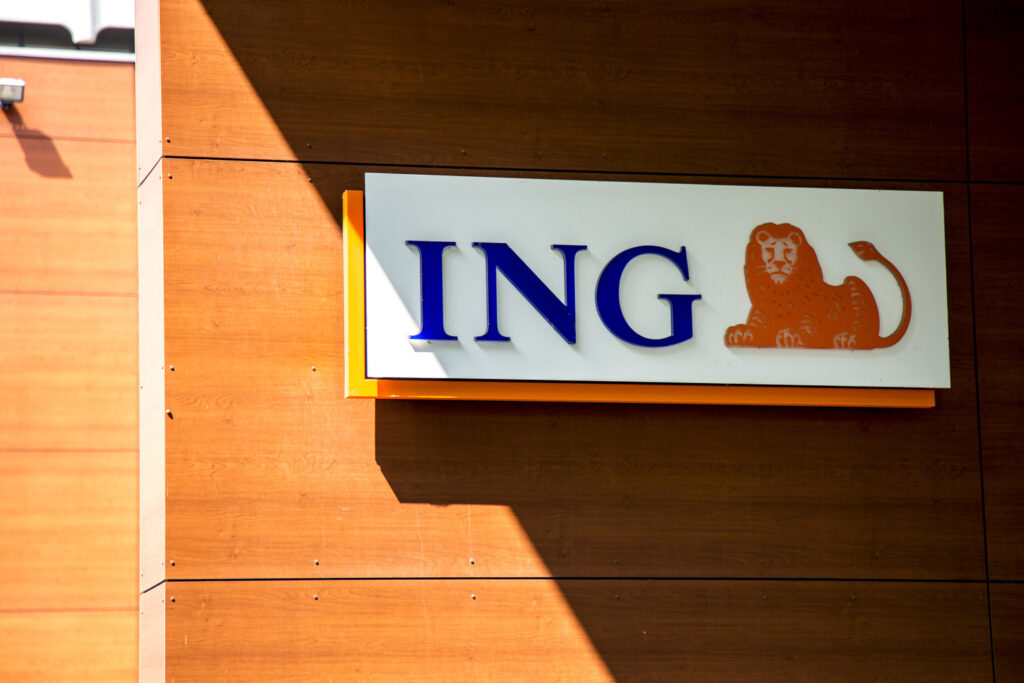Belgium’s economic growth is expected to slow down in 2025 and align more closely with the eurozone average, according to forecasts from ING Belgium presented on Wednesday.
While Belgium has outpaced the European average since the Covid-19 pandemic, driven by the public sector, this advantage is expected to end with the arrival of a new government and restrictive budget policies.
Belgium’s economic growth is projected to be 0.7% next year, matching the eurozone average, according to ING. For 2026, ING Belgium’s Chief Economist Peter Vanden Houte anticipates growth of 1%, slightly below the European average of 1.3%.
He predicts that 2025 will be will be a more challenging year on the economic front, with growth that is not really picking up and the disinflation trend that is on its last legs.
US influence
ING notes that the election of Donald Trump has created additional uncertainty. The US should nevertheless continue to do well, while China and especially Europe, which are already struggling with a number of internal problems, have to deal with higher import tariffs in the US.
Meanwhile energy prices remain much higher in Europe compared to the United States.
"The situation should improve with the increase in liquefied natural gas (LNG) production capacity in Qatar, but not before next year," Vanden Houte explains.
Despite these challenges, not all is negative in Europe. The rise in purchasing power, driven by wage increases and decreasing inflation, is notable.
However, it is uncertain if this will lead to increased consumption. ING expects higher savings rates due to economic uncertainty and rising restructurings.
Inflation sticking around
According to ING, the disinflation trend observed in Europe and the United States in 2024 is losing momentum. Trump’s policies, such as higher tariffs on imports and anti-immigration measures, will likely drive inflation up. Food prices in Europe are also expected to rise.
"We are not heading for very low inflation levels suddenly. We still expect interest rate cuts until the summer, but central banks are more cautious and focusing more on supply shocks," adds Vanden Houte. ING says that long-term interest rates, already much lower than short-term rates, have limited room for further decreases.
ING also warned that Belgium, alongside France, Italy, and Spain, is in a dangerous zone due to high debt levels.
"If the new government does not present a credible budget plan, the spread (the interest rate difference with Germany) could increase," Vanden Houte emphasised.
"The advantage for Belgium is that in case of financial market tensions, it could turn to the national capital market by repeating the state bond strategy," he added.

